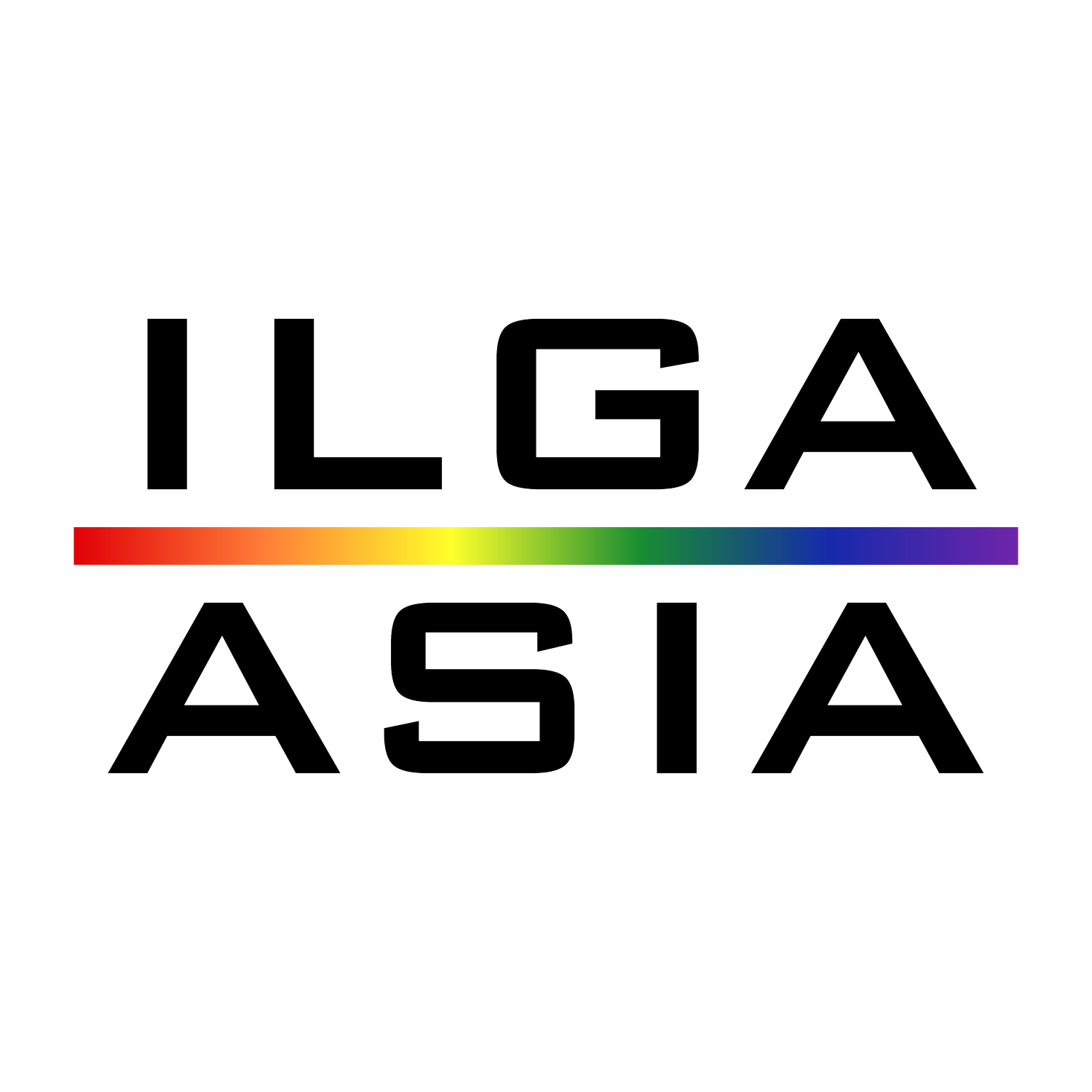Afghanistan: One year of the Taliban rule and the unknown future of LGBTIQ lives
PRESS RELEASE
19 August 2022
In August 2021, the Taliban seized control over Afghanistan following the withdrawal of the US-led military operation, and formed an interim government constituted entirely by male officials including former Taliban members. Since then, the Taliban have imposed a harsh interpretation of Islamic law, despite their pledges to respect the rights of women and minority communities, and to provide amnesty for people who worked closely with the US-led efforts in Afghanistan. The Taliban also re-established their Ministry for the Promotion of Virtue and Prevention of Vice, to enforce prohibitions on behaviours that are deemed un-Islamic by them, including policies on specific clothing and the face veils for women to reinforce traditional gender roles. The Taliban have prohibited most girls from attending secondary school and prevented women across the country from working.
Further, the Taliban have also instituted mobility restrictions for women by not permitting them in public spaces unless necessary, and without a male (mahram) companion. Reports have also indicated that several individuals have been arrested for resisting and violating these outrageous policies that deny basic autonomy and obliterate the human rights of women and LGBTIQ persons in Afghanistan. There have been alarming reports of grave human rights violations against LGBTIQ persons in Afghanistan since the Taliban takeover including death threats, harassment, extortion, arrests and sexual violence. Some testimonies from the ground have also indicated the existence of non-judicial LGBTIQ-only prisons across the country, particularly in Kabul, Herat, and Baghlan provinces. The constant fear of prosecution, loss of livelihood and lack of safe spaces has forced many LGBTIQ individuals to flee Afghanistan, despite the lack of established safe passages and the risks associated with crossing international borders. However, this often presents a new set of obstacles including running into legal complications with the local law enforcement systems.
The Afghanistan Programme run by ILGA Asia has been providing assistance to LGBTIQ individuals seeking refuge in other countries and identifying safe exit routes out of Afghanistan. Despite several challenges, ILGA Asia seeks to continue to provide support for those facing human rights violations with the necessary humanitarian aid, including emergency evacuation and resettlement support. Further, ILGA Asia is working in collaboration with international partners to advocate for the protection of LGBTIQ individuals in Afghanistan and contribute to the development and adoption of SOCIESC-specific laws, policies, and resolutions at the international, regional, and national levels. It is our hope that the international community takes bold and concrete steps to protect and support LGBTIQ persons who are currently in Afghanistan and also to those attempting to seek refuge elsewhere.
Recommendations to the international community :
Urge international actors to advocate and campaign for the protection and promotion of the rights of LGBTIQ persons living in Afghanistan and also those seeking refuge in other countries.
Urge the UNHCR to advocate for providing safe passages out of Afghanistan for LGBTIQ persons and provide humanitarian assistance for evacuations, relocation and resettlement.
Urge the UN Special Rapporteur on the situation of human rights in Afghanistan to ensure that human rights violations, especially against LGBTIQ persons, in Afghanistan are closely monitored, and that narratives of LGBTIQ persons are included in official report(s).
Urge the Independent Expert on Sexual Orientation and Gender Identity to investigate and document SOGIESC-based human rights violations in Afghanistan.
Urge the UN Secretary-General to visit Afghanistan and call for global attention to the deteriorating human rights situation in Afghanistan and to address the dire humanitarian crisis.
Urge international media to continue monitoring the human rights situation in Afghanistan impartially and in a rights-respecting manner; to focus on LGBTIQ persons, women and girls and marginalized religious and ethnic groups and to do so in a way that minimizes harm, prejudice or misinformation towards these communities.


